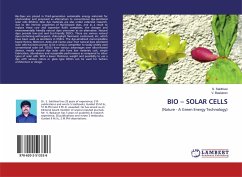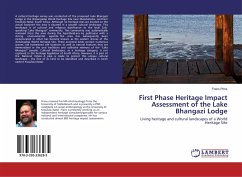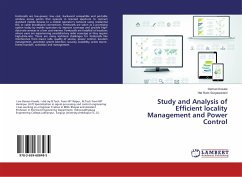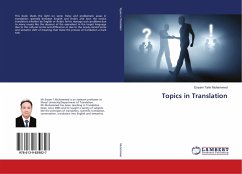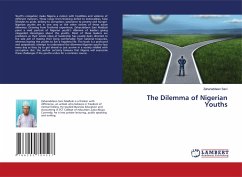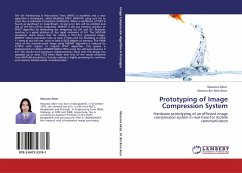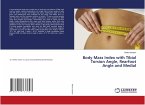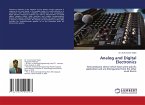Bio-Dyes are placed in third-generation sustainable energy materials for photovoltaic and proposed as alternatives to conventional dye-sensitized solar cells (DSSCs). New dye materials are also under extensive research, due to the intrinsic properties of Ru(II)-based dyes, and as a result to replace these rare and expensive Ru(II) complexes, the cheaper and environmentally friendly natural dyes overcome as an alternative. Natural dyes provide low-cost and Eco-friendly DSSCs. There are various natural dyes containing anthocyanin, chlorophyll, flavonoid, carotenoid, etc. which have been used as sensitizers in DSSCs. The dye-sensitized nanocrystalline based Henna, Beetroot, Amla and Cactus pear fruit natural dyes sensitized solar cells has been proven to be a serious competitor to today widely used conventional solar cell. DSSCs have various advantages over silicon-based devices, mostly natural dye solar cells have low materials cost, simple fabrication, abundance and acceptable performance as compared to other types of solar cells. With a lower thickness, weight and possibility to use a dye with various colors or glass type DSSCs can be used for fashion architecture or design.
Bitte wählen Sie Ihr Anliegen aus.
Rechnungen
Retourenschein anfordern
Bestellstatus
Storno

